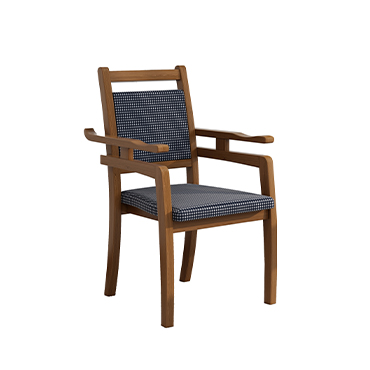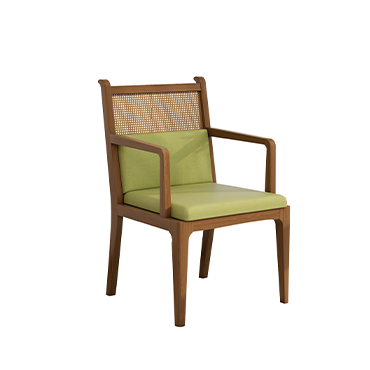Top 5 Common Elderly Diseases and How to Prevent Them | A Practical Guide to Senior Health
As people age, their physical and cognitive abilities gradually decline, making them more vulnerable to various health challenges.
Falls, emotional distress, memory loss, vision impairment, and hearing loss are among the most common conditions faced by seniors today.
Understanding these issues and taking preventive steps can greatly improve quality of life while helping families and caregivers create a safe and comfortable environment for older adults.
1.Falls and Injuries
Falls are one of the leading causes of injury and even death among older adults. Due to conditions such as osteoporosis or weakened muscles, seniors are more likely to suffer serious harm after a fall.
Common hazards include stairs, uneven floors, low toilet seats, and slippery bathrooms.
How to Prevent Falls:
Keep pathways clear and remove clutter to ensure smooth, non-slippery flooring.
Install grab bars and handrails near stairs, hallways, and bathrooms for additional support.
Use raised toilet seats to make sitting and standing easier.
Ensure good lighting throughout corridors, bedrooms, and bathrooms to prevent tripping.
Choose stable, anti-slip elderly care furniture such as adjustable nursing beds and sturdy dining chairs to reduce fall risks.
2.Emotional Distress
Emotional well-being is just as important as physical health. Many seniors experience loneliness, anxiety, or depression due to reduced mobility and independence.
Prolonged isolation can also worsen chronic illnesses and cognitive decline.
Prevention Tips:
Spend quality time engaging in meaningful conversations and showing care and attention.
Encourage outdoor activities and family visits to help lift their mood.
Organize recreational activities such as puzzles, board games, or crafts to keep the mind active.
Create a cozy, inviting space with comfortable chairs or social areas that encourage relaxation and communication.
3.Memory Problems
Seniors are at higher risk of developing cognitive disorders such as dementia and Alzheimer’s disease.
Although these conditions cannot be reversed, healthy habits can help delay their progression.
Prevention Tips:
Maintain a balanced diet rich in vitamins, minerals, and omega-3 fatty acids to support brain function.
Engage in light exercise such as walking, stretching, or breathing exercises to improve circulation and alertness.
Stay socially active to stimulate the mind and reduce cognitive decline.
Simplify the home environment with clean, organized layouts and practical furniture to minimize confusion and anxiety.
4.Vision Loss
Nearly one in three adults over the age of 65 experiences some form of vision impairment, often due to age-related macular degeneration (AMD), cataracts, or glaucoma.
Prevention Tips:
Schedule regular eye examinations to detect issues early.
Maintain a diet high in vitamins A, C, E, and zinc to protect eye health.
Enhance lighting in living spaces and use light-colored furniture to improve visibility and reduce glare.
5.Hearing Loss
Age-related hearing loss is common and can impact communication and social participation.
It occurs when tiny hair cells in the inner ear become damaged or die over time.
Possible Solutions:
Use hearing aids to restore sound perception.
Consider hearing implants for more severe cases.
Learn lip-reading techniques to improve communication.
Minimize background noise with sound-absorbing furniture and materials for a calmer home environment.
Final Thoughts
Aging brings both physical and emotional challenges, but with proper care and thoughtful design, seniors can continue to live comfortably and safely at home or in care facilities.
By focusing on fall prevention, emotional support, and the right elderly care furniture, families can help their loved ones age with dignity, safety, and comfort.





